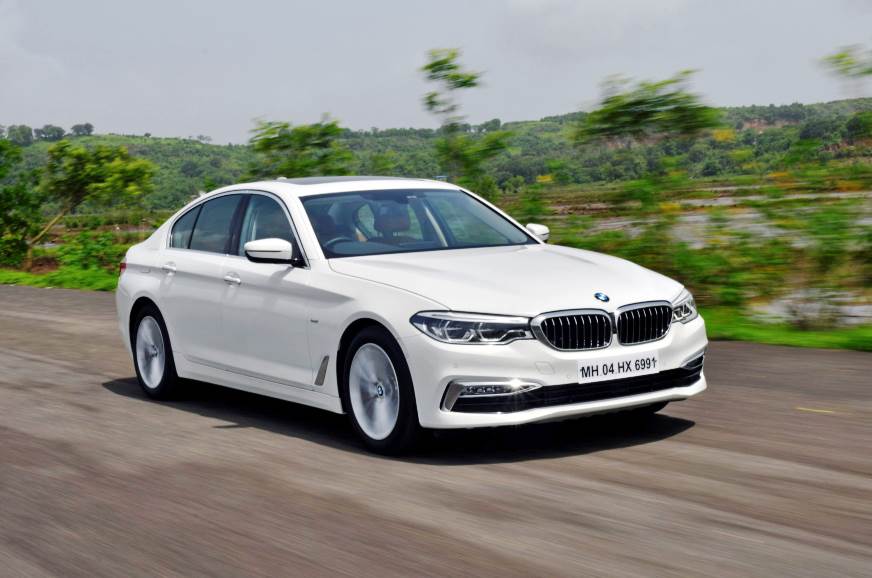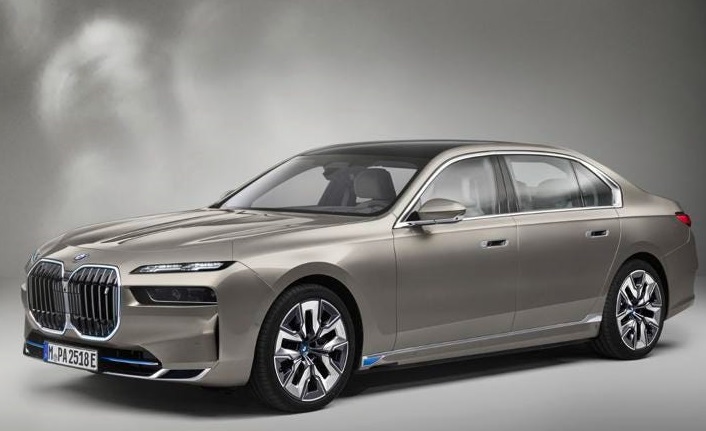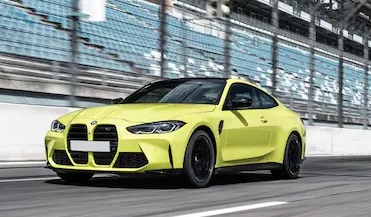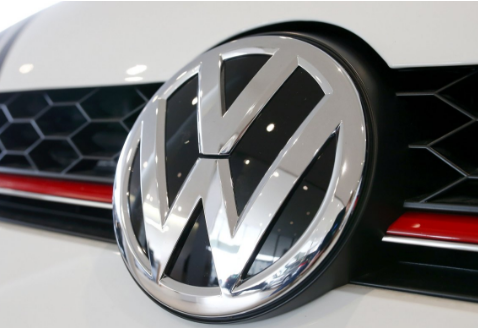Now Reading: BMW to decrease carbon emissions in car life cycle 40% by 2030
-
01
BMW to decrease carbon emissions in car life cycle 40% by 2030
BMW to decrease carbon emissions in car life cycle 40% by 2030

BMW prepares to decrease carbon emissions across the life cycle of its automobiles – including the production process – at least 40% from 2019 levels by 2030, the automaker said on Thursday.
The automaker intends to boost the proportion of recycled and reusable materials used in manufacturing its vehicles from 30% to 50%.
“We are dedicated to a clear course to achieve the 1.5 degree target,” CEO Oliver Zipse said, referring to the Paris Agreement.
BMW has been reluctant to find a hard deadline for phasing out fossil-fuel cars, pointing out limitations to the expansion of electric automobiles including the sore lack of charging infrastructure.
Nevertheless, the automaker has set a range of sustainability targets earlier, including generating at least half of BMW Group sales from electric vehicles by 2030 and decreasing CO2 emissions per vehicle and kilometre driven by at least half from 2019 levels in the same time frame.
Like its rivals, the automaker has warned that its revenues in the coming months could be affected with chip shortages and raw material prices, even after reporting stronger than expected profits in its latest quarterly results.
Stay Informed With the Latest & Most Important News
Previous Post
Next Post
-
 01Polestar Boss Says It’s Time To Outrun BMW M And Mercedes-AMG
01Polestar Boss Says It’s Time To Outrun BMW M And Mercedes-AMG -
 02Spy Shots: 2027 Mitsubishi Pajero Spotted in Testing Ahead of Possible U.S. Return
02Spy Shots: 2027 Mitsubishi Pajero Spotted in Testing Ahead of Possible U.S. Return -
 032026 Toyota Hilux EV: A Powerful Truck with Silent Torque
032026 Toyota Hilux EV: A Powerful Truck with Silent Torque -
![2027 Mercedes-Benz S-Class Debuts with V8 Engine [Photo Gallery]](https://speedlux.com/wp-content/uploads/2026/01/2027-Mercedes-Benz-S-Class-33-155x125.jpg) 042027 Mercedes-Benz S-Class Debuts with V8 Engine [Photo Gallery]
042027 Mercedes-Benz S-Class Debuts with V8 Engine [Photo Gallery] -
 052026 Corvette ZR1 Production Surges Past Expectations as Output Clears 1,000 Units
052026 Corvette ZR1 Production Surges Past Expectations as Output Clears 1,000 Units -
 06Spy Photos: VW ID. Polo GTI Goes Electric with 223 HP and 280 Miles of Range
06Spy Photos: VW ID. Polo GTI Goes Electric with 223 HP and 280 Miles of Range -
 07Hyundai Palisade’s Breakout Year Shows How Quickly the Market Can Turn
07Hyundai Palisade’s Breakout Year Shows How Quickly the Market Can Turn



![2027 Mercedes-Benz S-Class Debuts with V8 Engine [Photo Gallery]](https://speedlux.com/wp-content/uploads/2026/01/2027-Mercedes-Benz-S-Class-33-700x394.jpg)











































